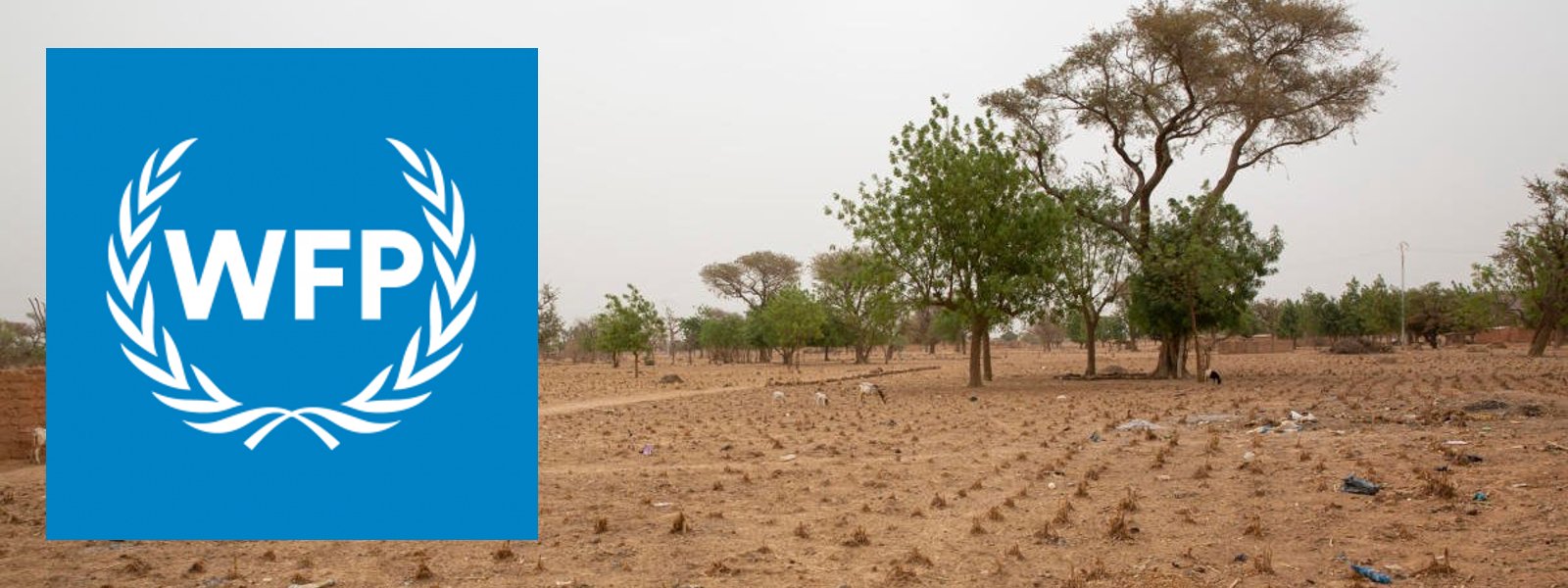.webp)

Food Crisis: Estate Sector worst affected, says WFP
COLOMBO (News 1st) - The World Food Program in its report for September 2022 reported that the highest level of acute food insecurity is in the Estate sector.
The World Food Program has highlighted the tea production sector as having the highest level of acute food insecurity in the Estate sector.
It is also recorded and among female-headed households, households with no education, and Samurdhi programme beneficiaries.
A severe macroeconomic crisis caused acute shortages and spikes in the prices of essential products, including medicines, food, agricultural inputs and fuel, bringing the overall economic activities to a standstill, with major disruptions to agricultural production, said the WFP.
It added that acute food insecurity has risen dramatically, as a result of import shortages, soaring prices, livelihood disruptions, reduced household purchasing power and exhaustion of less severe household coping strategies.
The WFP said that Food and livelihood-related coping strategies are being widely adopted, including cutting the number of meals consumed in a day, reducing meal sizes, spending savings, and purchasing food on credit.
As households exhaust these strategies, more of them are likely to engage in severe means of coping with negative knock-on consequences for food security over the medium term.
The World Food Program warned that the situation is likely to deteriorate during the lean season from October 2022 to February 2023.
It added that over 6.2 million people (28 percent of the population) are estimated to be moderately acute food insecure and 66 000 people to be severely acute food insecure.
Immediate food assistance and livelihood programmes are essential for moderately and severely acute food insecure populations, including through existing social assistance mechanisms, to improve household purchasing power to access nutritious food.
Other Articles
Featured News





.png )
-793492-797477_850x460-797844_550x300.jpg)









-797273_550x300.jpg)



















.gif)